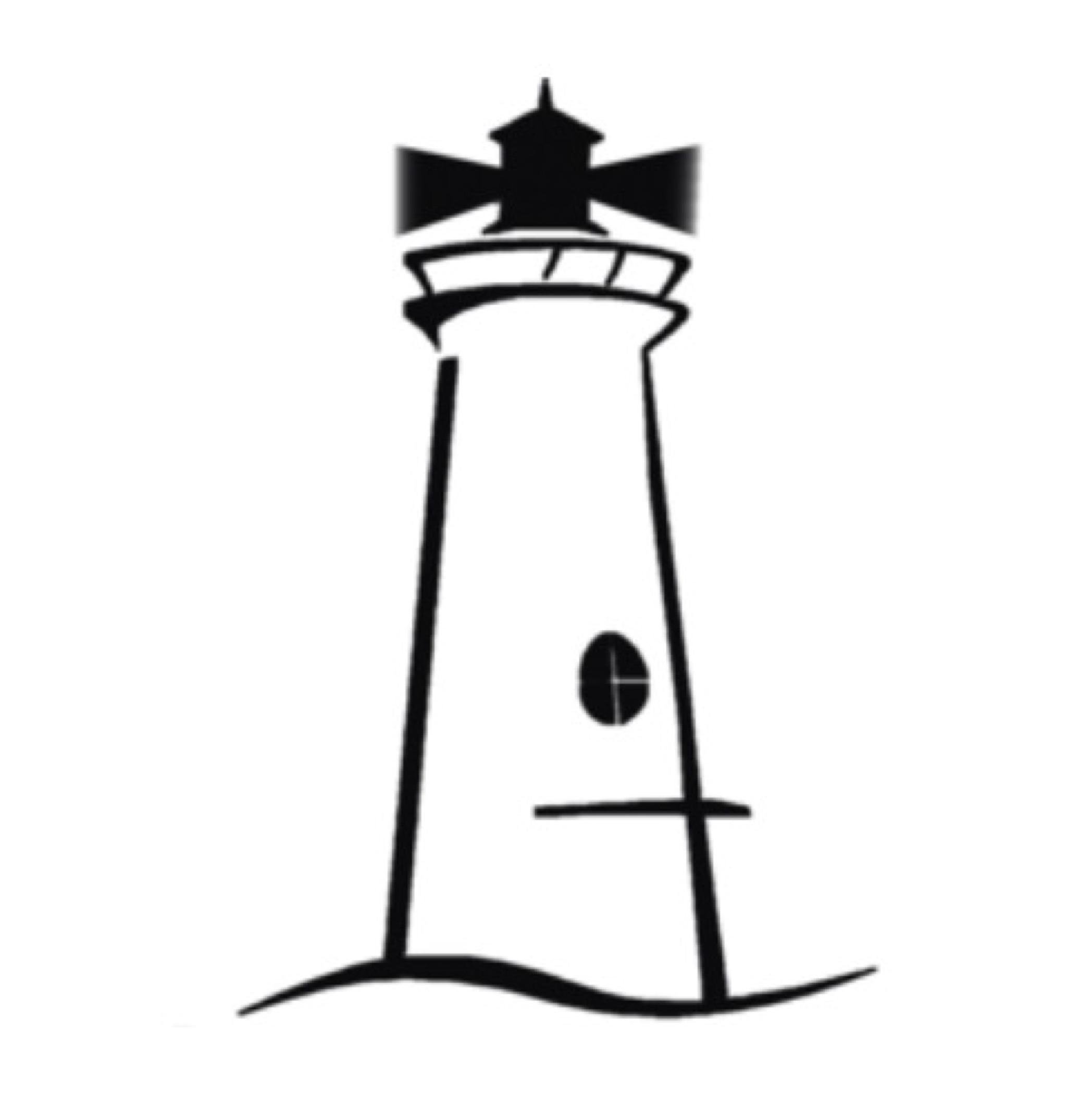Biochar Workshop and Livelihood Program will start in Subic Bay Freeport
- The Lighthouse Legacy Foundation

- Jan 19, 2020
- 2 min read
Updated: Jul 17, 2021
Collaboration enhances the implementation of innovative ideas and solutions by creating joint ownership. Here in Subic Bay Freeport the collaboration of a few groups is beginning to yield some positive results. The Lighthouse Marina Resort Legacy Foundation in partnership with the Philippine Biochar Association (PBiA), the Subic Indigenous People Assistance Group (SIPAG) and the Subic Bay Freeport Chamber of Commerce (SBFCC) have embarked on a project that will not only help our environment but also provide livelihood to the local indigenous people of Subic Bay Freeport.

During the opening of the Biochar Workshop held at the Admiral Hall of the Lighthouse Marina Resort, Zed Avecilla, VP and Chairman of the Environment Committee of SBFCC and Executive Director of the Lighthouse Legacy Foundation, unveiled one of its programs with SIPAG together with Subic Superfood Inc, a SBFCC member and makers of the Premium Mount Mayon Pili snacks that are manufactured and distributed here in the Freeport. The program provides livelihood to the Aeta Communities by making biochar products out of discarded Pili shells.

"Biochars and charcoals are being used in the agroecosystem for a range of environmental benefits, including carbon sequestration, mitigation of global climate change, and enhancement of soil quality and crop productivity.“ said Philip Camara, PBiA Founder, former DENR Undersecretary and keynote speaker of the Biochar workshop. The workshop allowed its audience to understand the environmental impact of BioChar, learn the practical uses of Biochar in our own household, farms and community, learn how BioChar can be a source of livelihood to impoverished communities, and most importantly learn how to make the Biochar.



The participants of the workshop were composed of local entrepreneurs, representatives from the Pastolan and Kanawan Aeta Tribes inside the Freeport, representatives from Subic Indigenous People Assistance Group (SIPAG), employees of the Lighthouse Marina Resort, Representatives from the Filipinos Inventors Association, Executive Management staffs of the Subic Superfood Inc, and a representative of the Asia Reprocessing Industries Association of Subic Bay (ARIASB). Everyone was amazed by the numerous applications of this miraculous material called biochar and how it can help both people and nature at the same time.

Ching Camara, co-founder of the Sambali Beach Farm and a 2-time winner of the Gawad Saka Award for Central Luzon’s Outstanding Organic Agriculture Farmer, produces more than 3000kgs of biochar a month for her beach farm in Botolan because this is the soil they use for the entire farm as well as food supplements for their livestock. The SBF is a complete Biochar Demo Farm located in Botolan, Zambales and they already produce numerous products for personal care to household maintenance. “What good is a product, if no one will buy it? This workshop is not just about producing Biochar, but equally teaching people how to use it,” said Philip Camara.
The Lighthouse Marina Resort Legacy Foundation will advocate the use of BioChar and help make more people aware of the benefits of Biochar and how it may help us save our planet by capturing green gas emissions and help reforest our lands. For more information about Biochar, please visit this link. Stay for more updates regarding this Biochar Livelihood Program.




Comments